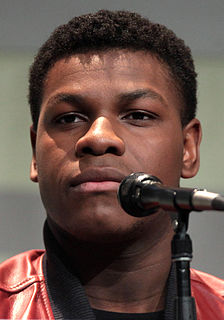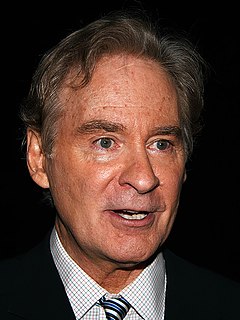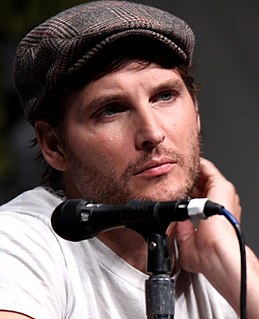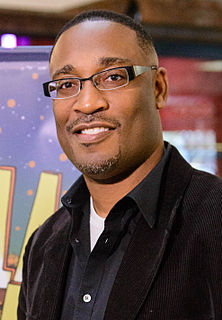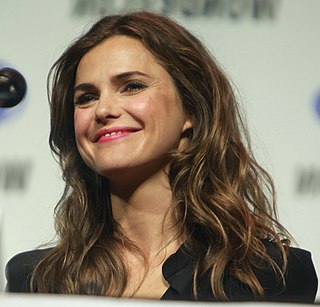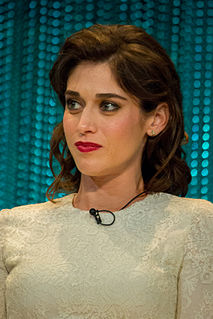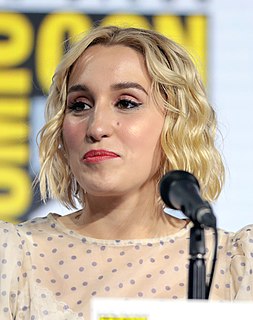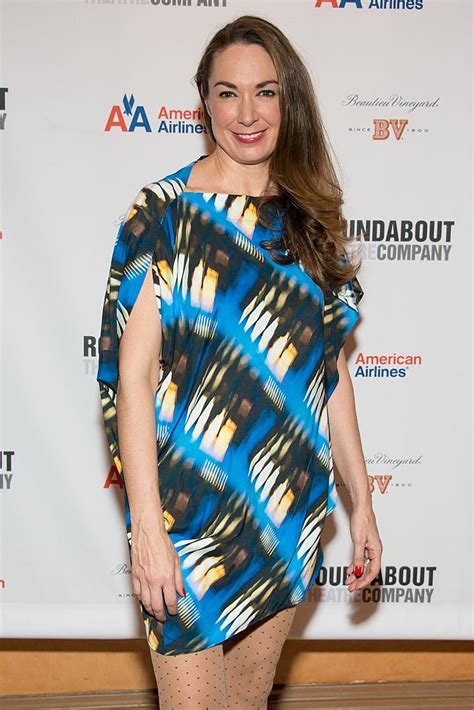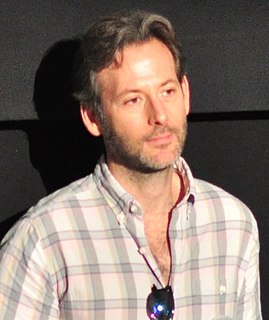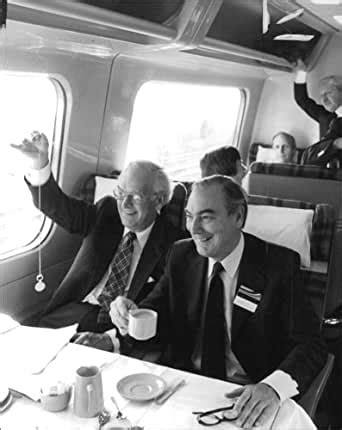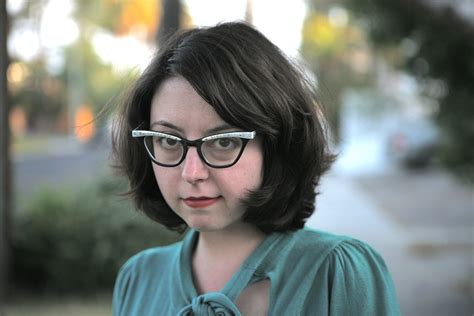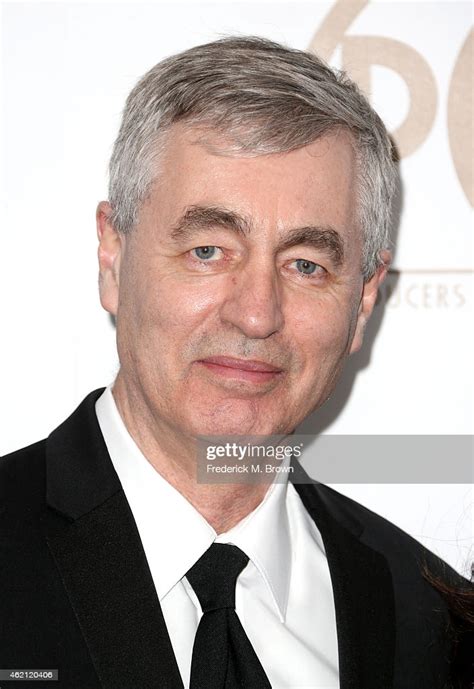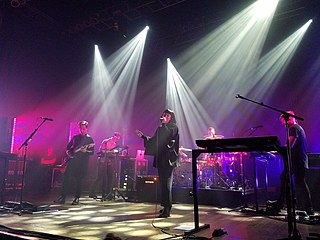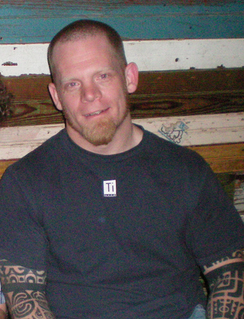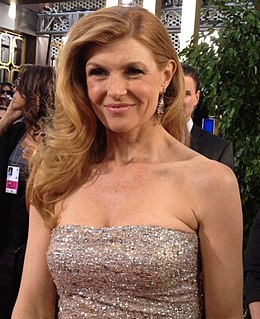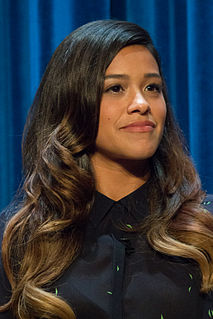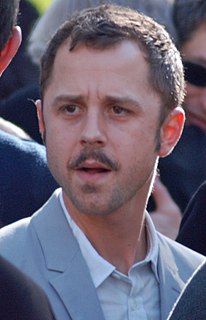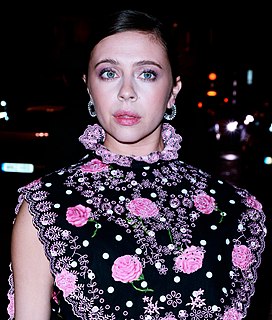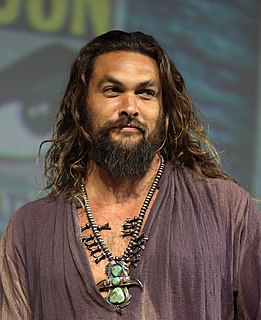Top 138 Sundance Quotes & Sayings - Page 2
Explore popular Sundance quotes.
Last updated on December 4, 2024.
I initially thought it was going to feel weird to be [on Sundance] while [the marches against now-President Donald Trump] was happening. And feel disconnected in that way that feels irresponsible. But the other side of it is that there are people here who believe the right things that are trying to make a difference with art.
Pirates are the very essence of profit maximising entrepreneurs described in neoclassical economics. Yet, whilst films such as 'The Pirates of the Caribbean' and 'Butch Cassidy and the Sundance Kid' have gone a long way to popularise both pirates and outlaw behaviour, the truth of the matter is that piracy is illegal, and it kills.
I think certain filmmakers going into Sundance or other big festivals should consider screening more for press and tastemakers before the festival. The traditional wisdom has always been the opposite: to not screen for anyone prior, let your film be seen by an audience, and generate the buzz from there.
It 2001 when we started. But prior to that, I had made this website called sundancepics.com, where me and this other photographer, Randall Michelson, could sell our images from Sundance online and it was successful. Steve Granitz, who's my main partner at WireImage, we were already working together, and I was like, "Look dude, this is it. We can do this."
When I was working for Miramax, before Sundance, a videotape of 'The Blair Witch Project' - of the full, completed movie - went to a lot of the buyers. And so we all saw it before the festival, and I passed, a bunch of people passed... Then I watched the movie marching toward success, and was reminded by my bosses what a dope I was.
Sundance [festival] is all your Hollywood buds and buddies and rolling out and high-fiving and "Hell, yeah. Here comes the movie," and in Venice, it's very elegant, and respectful...It's decadence. It's such a fun way to formalize a movie that is for us a down-and-dirty, gritty movie. And to see it with the red carpet, and rolling up in a Maserati.
It took Cianfrance 12 years to bring 'Blue Valentine' to the screen after he first conceived it. He found Gosling and Williams early on, and they hung in there with him. The film finally premiered at Sundance 2010, then screened at Cannes and the Toronto Film Festival before landing in theaters in December.
When I was 19, I thought [Brokeback Mountain] was going to be the best movie ever made. And everyone was going to see it and it was just going to be incredible. And then nobody saw it and it didn't get bought at Sundance. And it was a really great experience. Humbling. And then it's since found its way.
